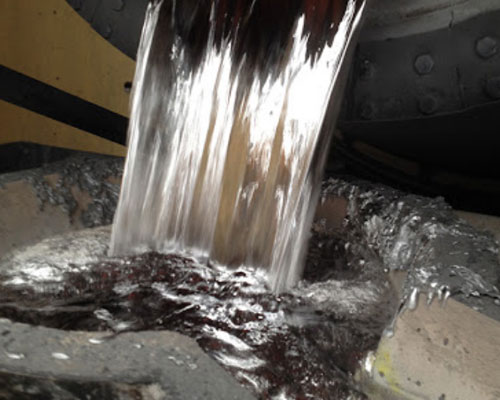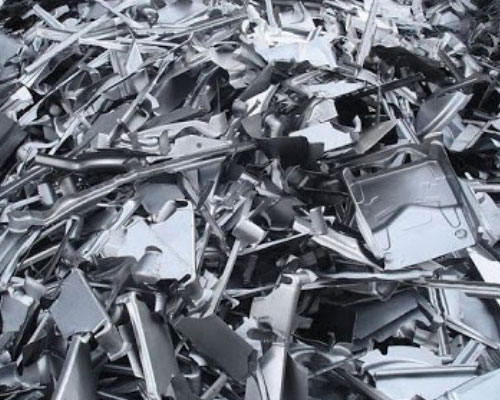Scrap Aluminum Recycling can acquire new aluminum products, it plays a vital part in the economic and sustainability attributes of aluminum. Aluminum plants are a relatively safe place to work. Millions of pounds of aluminum are melted and cast safely every day in cathouses, foundries, recycling, and reclamation plants all over the world. However, just like any manufacturing process, there are inherent risks and hazards involved with the production and fabrication of our metal.
Failure to use proper procedures in melting and casting aluminum can be dangerous. Molten Aluminum is typically handled at 1300-1450 degrees Fahrenheit to avoid premature solidification. Contact with molten aluminum can cause severe burns and create a serious fire hazard. Mixing water or other contaminants with molten aluminum can cause explosions. Explosions can also occur in the aluminum scrap re-melting process due to moisture and contamination in scrap.
These explosions range widely in violence and can result in injury or death as well as the destruction of equipment and plant facilities. Where there is a possibility of splash or other direct exposure, personnel working with molten aluminum must wear eye and face protection as well as protective clothing.

Scrap Aluminum Recycling
Hydro now uses more and more recycled metals to reduce water and waste. Since aluminum can be fully recycled, this reduces energy consumption and carbon emissions by up to 95% compared to primary aluminum. At present, more than half of the aluminum used by Hydro in the production process is recycled aluminum. We can provide online degassing unit, CFF filtering equipment, and others for the aluminum foundry during the casting process. Among them, Hydro is our important partner.
Aluminum products in the transportation field are part of the existing recycling system. Recycling aluminum can be used in almost any field. This saves raw materials for primary aluminum production, reduces pollutant emissions, and brings huge energy savings. At present, aluminum plays an important role in supporting the processing of waste automobiles by virtue of its high scrap value in metal recycling.

